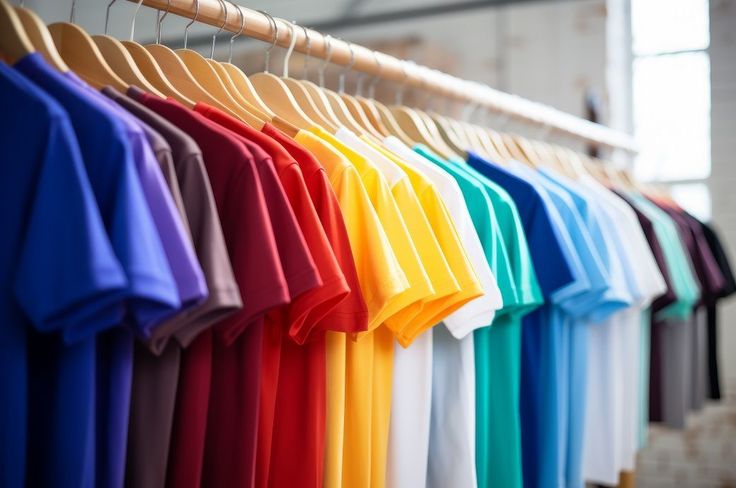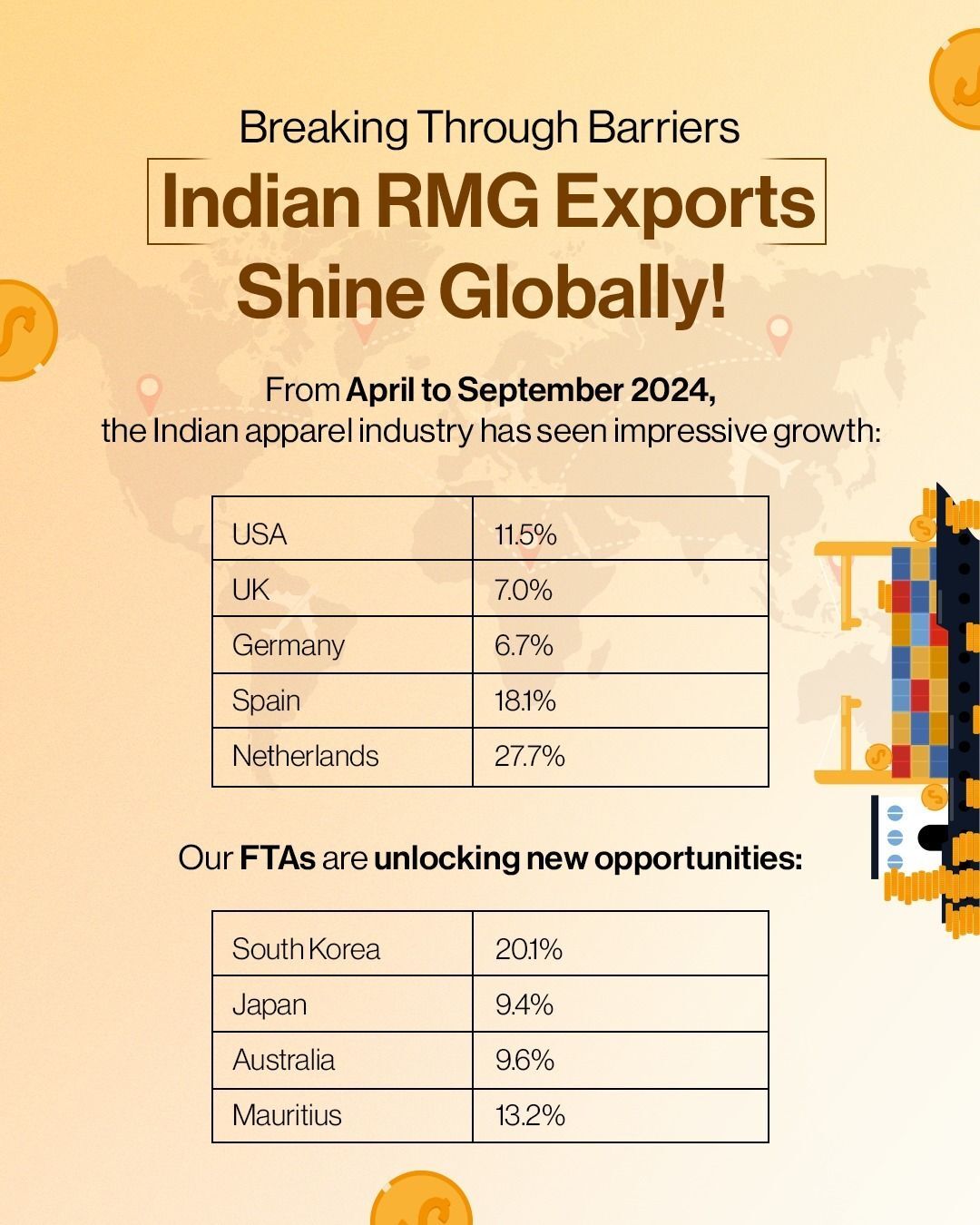Australia should take cue from the circular economy on recycling, reusing its waste rather than sending it to landfill says business advisory firm EY. A combined approach to waste which includes households, local councils and the private sector would lead to the start of a win-win circular economy and shifting to a more circular economy will grow the economy, increase jobs and reduce impacts on the environment.
Before 2017 Australia would send waste to China for processing, sending 6,19,000 tons of recycling waste to China every year. But then China decided to tighten the restrictions on accepting foreign waste. The new standards effectively banned all Australian paper, plastics and textiles because of their high contamination rate.
EY underlines the need for Australia to view waste as a valuable resource and for households to take a more diligent approach to sorting. As of now there is a lack of confidence currently among households with the country’s recycling methods. Consumers need to see waste as a tradable asset, a commodity with a market value and the first step in changing consumer behavior is restoring their belief that what they are putting in the recycling bin is actually being recycled. Restoring the customer’s faith in the broken recycling system would be the first step toward creating a viable circular economy and finding a solution to the recycling crisis in Australia.
Australians urged to reuse waste
- 1
- 2
- 3
- 4
- 5
- 6
- 7
- 8
- 9
- 10
US, EU consumer confidence boosts apparel sales as India's exports rise: Wazir A…
The US and EU continued strong apparel import growth in September. It went up 9 per cent and 13 per... Read more
Is China's losing its grip on global textile & apparel imports?
For decades, China reigned supreme as the world's leading textile and apparel (T&A) manufacturer and exporter. Its dominance in the... Read more
Tariff Troubles: How US apparel prices are feeling the pinch
The escalating trade war and resulting tariffs are taking a toll on the US apparel industry, driving up prices for... Read more
Indian textile companies report mixed Q2 results, but long-term outlook remains …
India’s textile industry players recently announced their Q2 FY25 results and the performances were mixed. While some companies exceeded expectations,... Read more
Indian apparel exports break barriers
The Indian apparel industry has been making significant strides in the global market, with impressive growth recorded from April to... Read more
China's losing grip on US garment market has gains for competing countries
China's dominance in the US garment import market is waning. After reaching a peak around 2010, its market share, both... Read more
The Secondhand Shift: Economic concerns, evolving values reshaping American shop…
Drop in H&M's US sales that has almost 500 stores across the country, is not an isolated incident. The retail... Read more
Wardrobes bursting, wallets empty, the global crisis of unworn clothes
A new wave of research is exposing a stark reality: our wardrobes are overflowing with unworn clothes, a testament to... Read more
Textile and apparel exports surge in October 2024:CITI
India's textile and apparel (T&A) exports registered a remarkable growth of 19.93% in October 2024, reaching US$ 3.06 billion compared... Read more
Zara Weaves a Sustainable Future: Inditex's ambitious push for innovation
Zara, the flagship brand of Spanish fashion giant Inditex, is making significant strides in sustainability and innovation, aiming to lessen... Read more












